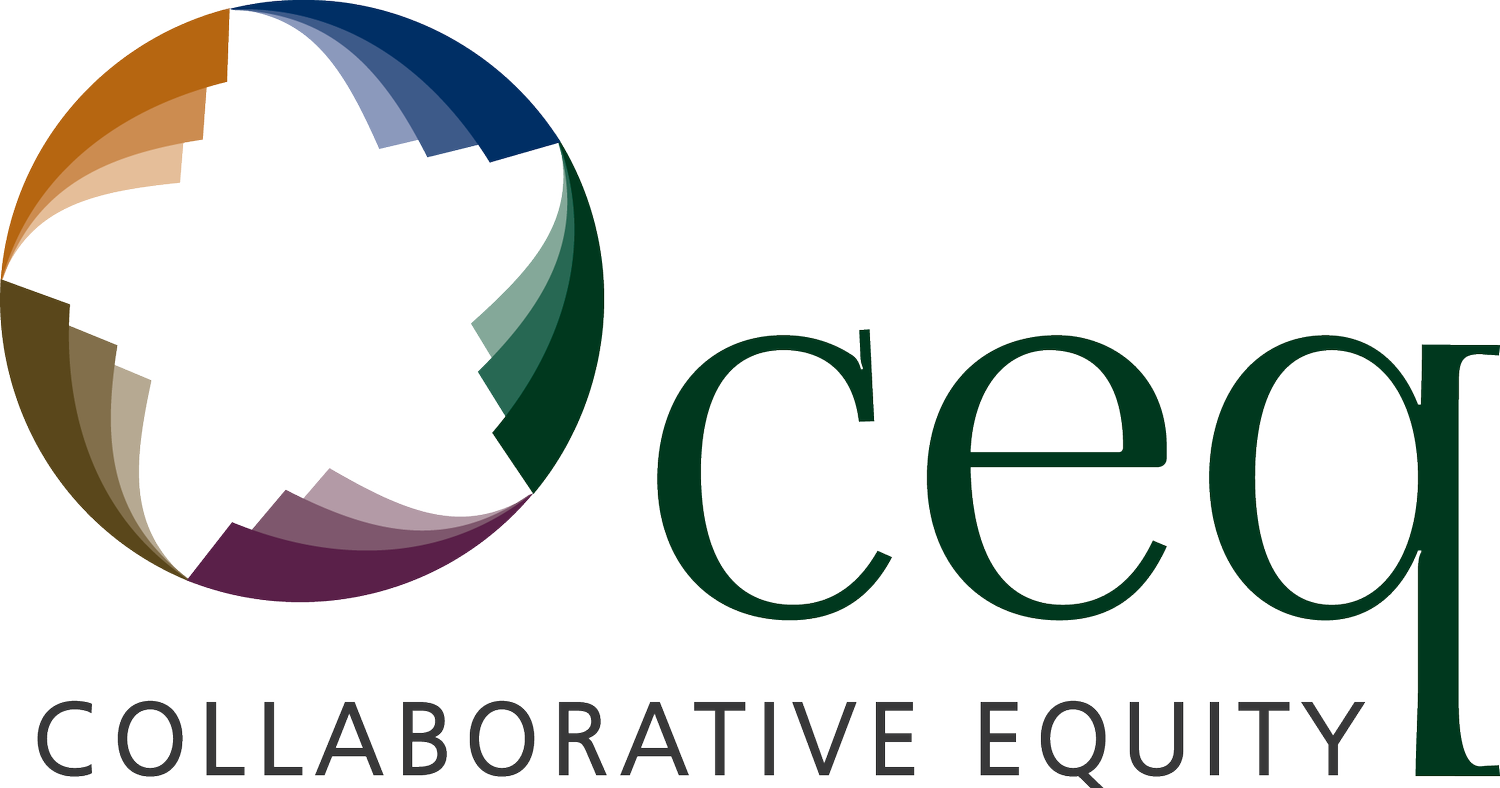Corporate Emotional Intelligence
/Human behaviour is peculiarly conditioned by working in a Corporate environment, with well-meaning people behaving in unnatural and often inhuman ways, driven by fear. Yet none of them would say they were afraid. They either don’t know it, or they cannot admit it. It’s probably a bit of both.
There have been countless studies of the Corporate world from the business point of view. There have been almost as many studies of the Corporate world from a psychological point of view. As far as I am aware, no one has ever cogently combined the two. The solutions to the many issues arising from corporate cultures are practical business solutions, but motivated, designed and implemented by existing corporate citizens.
In my 40 year corporate career, as CFO, COO, CEO, Chairman, Coach, and Consultant, in over 30 countries and on every continent, I’ve observed the universal dynamic of thoroughly decent people developing controlling habits when given responsibility for others. Me included! Show me a manager working in a Corporate environment, and I’ll show you a Manager with unconscious controlling habits. More than that, I’ll show you a Manager who seems in denial that it is their own behaviour that is creating the massive collective shortfall in human potential, in turn creating either mediocre or unsustainable results, or both. The ensuing frustration, irritation, impatience and anxiety simply fuel the downward spiral. The harder Managers try to exert control, the worse they make things. And yet they seem bereft of any real alternative – certainly any alternative they feel confident in implementing.
It is the very nature of Corporatism, with its deliberate separation of ownership and responsibility, that creates this peculiar dynamic. The unrelenting pressure and weight of expectation felt by Corporate leaders to produce a constant flow of exceptional, often unreasonable results, has created three psychological conditions unique to the Corporate world – leaders who have become ‘Corporapathic’, followers who have become Corporate Hostages, and vast numbers of leaders, managers and employees suffering from CTSD – Corporate Traumatic Stress Disorder.
The outcome of all of this is a predominance of businesses that are inefficient, unsustainable and causing damage to people and environments. Recent years have seen a sad and worrying growth in corporate scandals and human and environmental disasters caused by Corporations, and we now seem powerless to check the worst excesses. While Corporatism may be profoundly under pressure, somewhat bizarrely it remains the aspirational format and structure for organisations to adopt.
I could probably be describing just about any juncture in the 400 year history of Corporatism. Is it really worse now than ever before? I would argue that it is, but my deep worry today is that it’s about to get way worse very fast, and that we will very shortly hit a point of no return. Artificial Intelligence, Autonomous Systems, Machine Learning, Augmented and Virtual Reality, Drones, ‘Bots etc are coming at us fast. Is Corporatism really the best form of organisation to be trusted with harnessing these technologies for the good of humankind?
But even if we wanted to change, what the hell can we do about it? Our track record in regulating Corporatism frankly sucks, as the global network of lawyers, accountants and bankers work their magic in circumventing any rule or law we can dream up. And surely the status quo is so well entrenched, so well protected as to be impervious to any attempt to restrict its reach or its power.
The good news is that we do not need a revolution or a coup. There are many organisations that are really successful at being ethical and at producing strong financial performance. So how do they do it? If Corporate leaders, even the Corporapathic ones, were convinced of the economic argument, they’d adopt genuinely ethical methods and strategies in a heartbeat, and be proud to do so.
So what’s the difference between the organisations that can be ethical or profitable, but struggle to do both, and those who are consistently ethical and profitable? What do the ethically and financially successful organisations do that the others do not, and what do they not do?
In short these successful organisations have a high collective Corporate Emotional Intelligence. Succeeding in a corporate organisation in the 21st Century will require a different kind of human intelligence.
IQ + EQ is no longer sufficient. Leaders and managers need highly developed CEQ, which is the ability to read, understand and then manage the psychological states and behaviours that are unique to corporate cultures.
And these successful organisations have a ‘Collaborative Equity’ form of Corporatism in their organisational design, their operating model and their culture, with a genuine state of shared ownership, shared responsibility and shared rewards.
So through an understanding of CEQ, and the adoption of Collaborative Equity Corporatism, leaders and managers can achieve the ultimate Corporate dream of exceptional and sustainable financial performance and of genuine enhancements to people’s lives and environments. And together we’ll save humankind from disaster.
We’re waking up and finding ourselves in a Corporapathic World – but don’t dwell for too long on how we got here, simply determine that things are going to be different. Use your new self awareness to make a change.
Before it’s too late.
Excerpted from the Thesis Introduction of “Corporate Emotional Intelligence - Being Human in a Corporate World” - Gareth Chick



